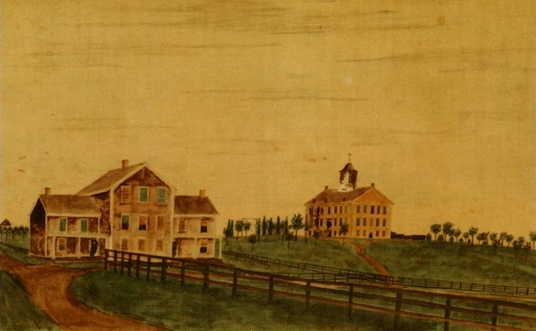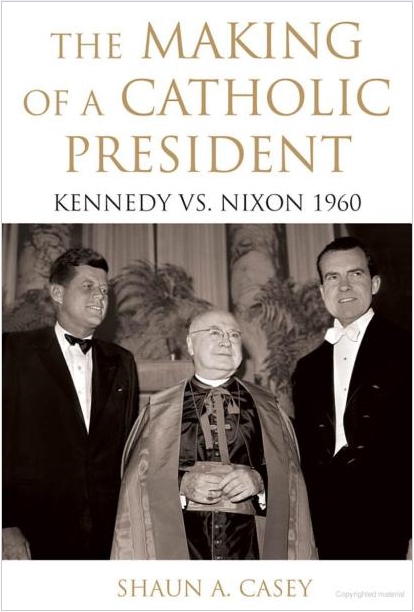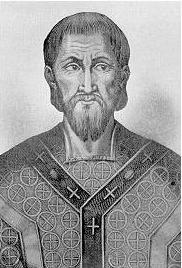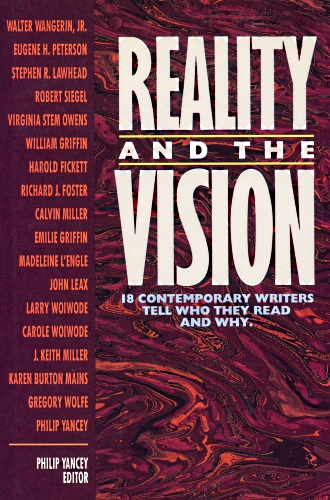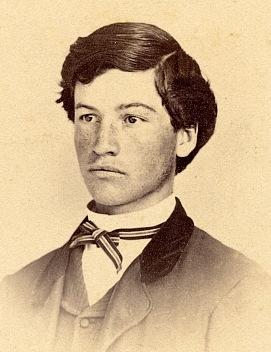The following comments from David Maas’ Wheaton College Awakenings, 1853-1873 illustrate the image of the ideal woman from “The Beltonian Review” 1857.
Few there are that realize the influences that Woman exerts over man, society, and the world….In her hands may it be truly said are the destinies of men and nations, for in every civilized nation in Christendom, she guards the path of the man from the cradle to the grave and yet the education and elevation of her who is to man the daystar of hope, are viewed by many as visionary, chimerical, unnecessary; and only to be sought so far as fancy may dictate for purposes of fashion and folly….Who but she lays the foundation of character for man and the nation? There is none to whom the child looks with such confidence as the mother….Then if woman is called to fill this high and important station that of molding and framing the character of immortal beings then how vastly important is it that she be educated and elevated according to her sphere….There is another class and I am sorry to say, largely represented by females who seem to think that woman was made for a mere toy to be kept in the parlor, not for any special use or benefit, but as the toy man wears within in his showcase to attract the eye….when her sons have grown to belong to manhood….they come within the empire of young ladies whose power and influence over young men are without a parallel. It is the province of young ladies alone of every community to raise the moral standard the province of young men to reach it. Finally,…comes the and love more mature influence of the wife….Hers alone then is the holy calling to apply the balm, to pour the oils of love, through all life’s journey into the heart of man, when lacerated by the constantly accumulating cares and burdens of life. Mothers, sisters, wives, let each of us be up and ready to act well our parts that our influence for good, though the proper education has been denied us for these offices as falling is best we can that the rising race may see and learn and appreciate the usefulness of woman.
